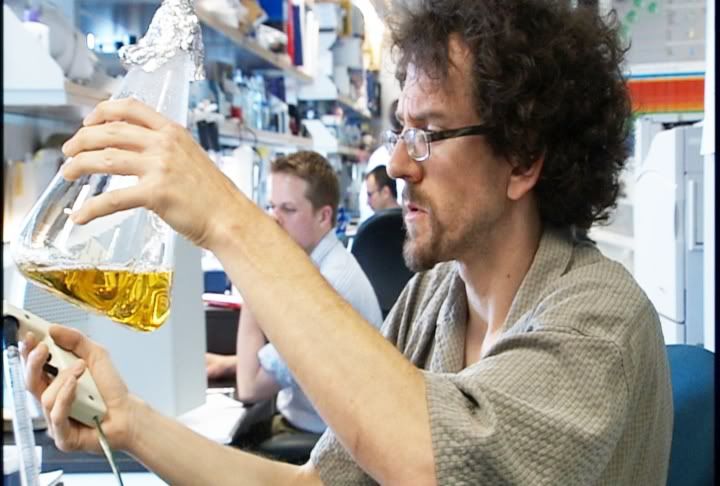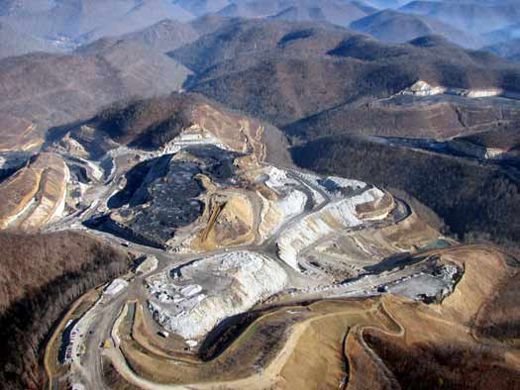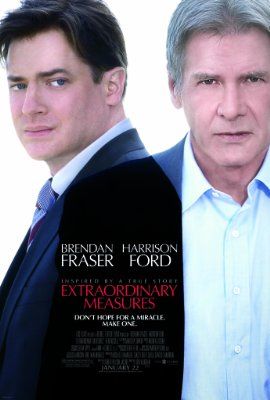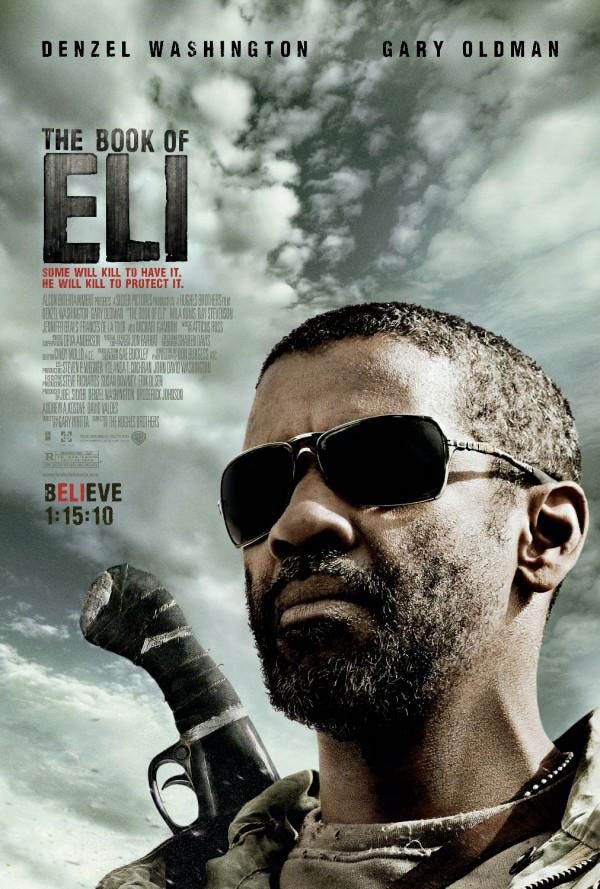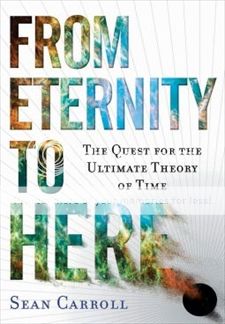
What is time? How does it work? Why is it immutably unidirectional (moving from the past and towards the future)? And most importantly, why does time exist at all? These are among the preeminent metaphysical questions to date for scientists and laypeople alike. Using the principles of entropy and universe expansion since the Big Bang, cosmologist Sean Carroll (recently profiled in the New York Times) hypothesizes about the arrow of time in a brilliant new book From Eternity to Here: The Quest for the Ultimate Theory of Time. In addition to reviewing the book, ScriptPhD.com’s in-house physics and astronomy guru, Stephen Compson, had an extraordinary opportunity to sit down with Dr. Carroll in his physics lab at Caltech University. In a stunningly in-depth, rich interview, they explored everything from the creation of our universe, to entropy, the time-space continuum, how physics and film intersect, and why the principles in Dr. Carroll’s book are important and topical for the general public to grasp. It’s rare to see this wide-ranging of a discussion on popular physics from such an authoritative researcher, so sit back, enjoy and click “continue reading” for more.
Continue reading ‘From Eternity to Here’ with Physicist Sean Carroll
